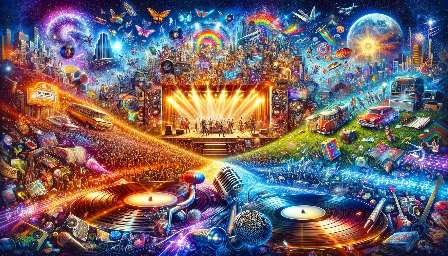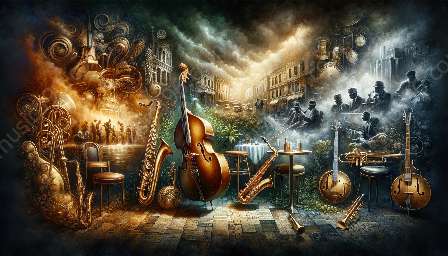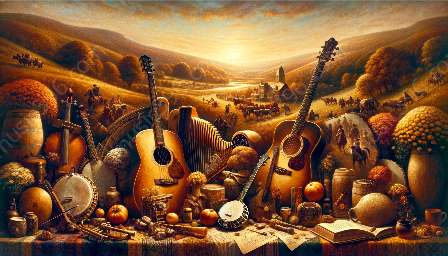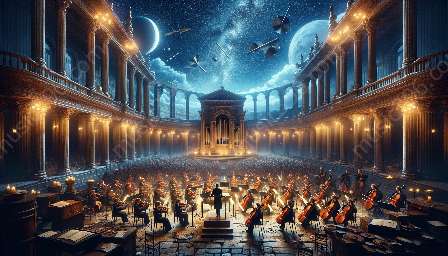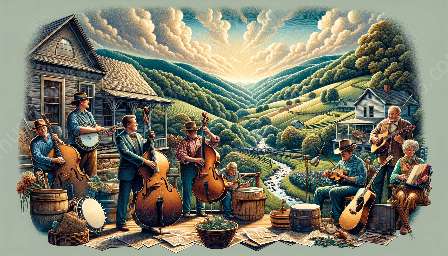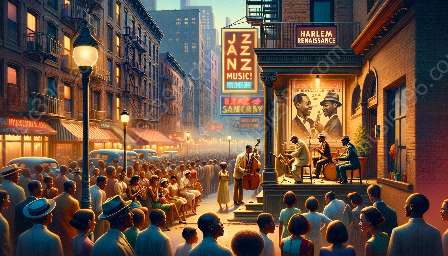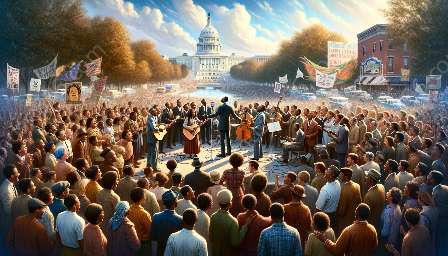The globalization of Baroque music has had a profound impact on the history of music, as this era marked a period of significant innovation and artistic expression that transcended geographical boundaries. Understanding the historical context of Baroque music and its global influence sheds light on the interconnectedness of musical traditions and the evolution of musical styles over time.
Baroque Music History
The Baroque period, spanning approximately from 1600 to 1750, was characterized by its ornate and elaborate musical style, marked by rich harmonies, intricate melodies, and dramatic expression. This era saw the rise of influential composers such as Johann Sebastian Bach, George Frideric Handel, Claudio Monteverdi, and Antonio Vivaldi, whose works continue to be celebrated and performed worldwide.
Baroque music was heavily influenced by the cultural and artistic developments of the time, including the flourishing of the visual arts, architecture, and literature. The era was also shaped by historical events such as the Protestant Reformation, the Counter-Reformation, and the rise of absolute monarchies, all of which contributed to the distinctive characteristics of Baroque music.
Globalization and its Significance
The globalization of Baroque music refers to the widespread dissemination and adoption of Baroque musical styles and compositions beyond their countries of origin. As trade routes expanded and colonial empires flourished, Baroque music was carried across continents, leading to the cross-pollination of musical traditions and the enrichment of global musical landscapes.
The significance of the globalization of Baroque music lies in its role as a cultural bridge, connecting diverse communities and fostering a shared musical heritage. This process not only facilitated the exchange of musical ideas and techniques but also contributed to the emergence of new hybrid styles and genres that incorporated elements of Baroque music with local traditions.
Impact on the History of Music
The globalization of Baroque music had a far-reaching impact on the history of music, influencing subsequent musical movements and shaping the development of music theory and composition. Baroque music's intricate ornamentation, expressive dynamics, and contrapuntal textures left a lasting imprint on Western classical music, serving as a touchstone for future generations of composers.
Furthermore, the dissemination of Baroque music to different parts of the world catalyzed the evolution of diverse musical expressions, providing inspiration for composers and performers across various cultural contexts. The fusion of Baroque musical elements with indigenous musical traditions gave rise to new artistic syntheses and cross-cultural dialogues, contributing to the rich tapestry of global musical heritage.
Exploring Baroque Music's Global Reach
To appreciate the global reach of Baroque music, one must consider its reception and adaptation in different regions. In Europe, Baroque music flourished in centers of musical patronage such as Italy, Germany, France, and England, where composers produced a wealth of masterful compositions that continue to be celebrated today.
Meanwhile, the global diffusion of Baroque music found resonance in the New World, particularly in the colonial territories of the Americas. The fusion of European Baroque music with indigenous musical traditions and African influences gave rise to new genres such as Baroque-influenced folk music and colonial-era opera, reflecting the cultural encounters and syncretic musical practices of the time.
Moreover, the impact of Baroque music extended to regions beyond Europe and the Americas, including Asia and Africa, where it intersected with local musical idioms and contributed to the formation of novel musical hybrids. This intercultural exchange not only enriched the musical traditions of these regions but also exemplified the transcultural power of Baroque music in a global context.
Legacy and Contemporary Relevance
The legacy of the globalization of Baroque music endures in modern-day musical landscapes, as Baroque music continues to be performed, studied, and reinterpreted by musicians worldwide. Its enduring influence is evident in the repertoire of orchestras, chamber ensembles, and choral groups, as well as in historical performance practices that aim to recreate the sonic tapestry of the Baroque era.
Furthermore, the contemporary relevance of Baroque music lies in its ability to inspire new generations of composers and performers, who find inspiration in its expressive depth, technical virtuosity, and emotive storytelling. The globalized nature of Baroque music serves as a testament to the enduring power of music to transcend cultural boundaries and resonate with audiences across diverse traditions and historical contexts.








